A group of people deported from Germany to Bulgaria this month included Syrians as well as Bulgarian nationals, among them convicted criminals. InfoMigrants sought to investigate what happens to returnees next.
The German coalition government is intent on expelling more people from the country, more quickly. Deportations and voluntary returns are "an effective and integral part of comprehensive migration policy," the interior ministry website states. A successful returns policy helps foster integration and ensure social cohesion, it notes.
The physical removals – the responsibility of the state authorities – happen relatively frequently. This year Bavaria has already dispatched 34 planes carrying returned migrants. On September 19 one such flight, organized by the Bavarian Regional office for Asylum and Returns (LFAR), took off from Munich bound for the Bulgarian capital Sofia. On board were 25 people, some Bulgarians and some Syrians.
Convicted criminals on board
Among the group were three people who had been convicted in Germany of serious crimes including "murder, attempted manslaughter, dangerous bodily harm, bodily harm, illegal motor racing resulting in death and trespassing or burglary," authorities said.
InfoMigrants asked LFAR Bavaria what was likely to happen to those three people, as well as the other 22 foreign nationals, when they landed in Sofia. The answer from LFAR was: "We have no knowledge of that." The Bulgarian authorities, also contacted by InfoMigrants, have not yet responded.
Also read: Germany continues to debate Syrian returns
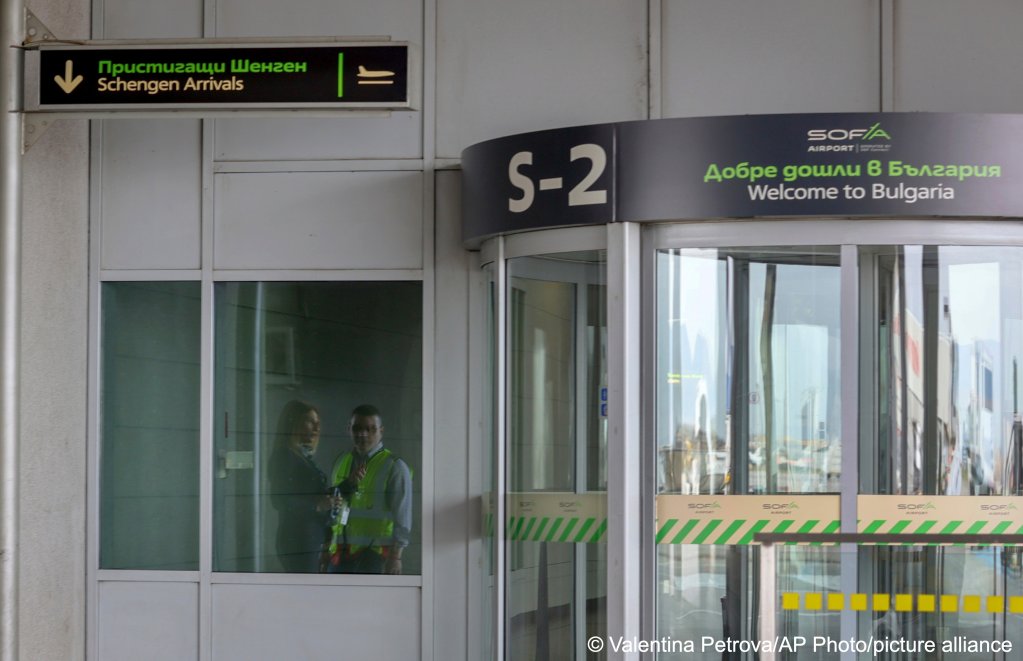
Free movement in the EU 'conditional'
According to LFAR, many of the people on the flight were being returned to Bulgaria because they had already received international protection there.
There was also a "small number" of Bulgarian citizens on board who, for reasons not stated, had lost their right to move freely within the EU.
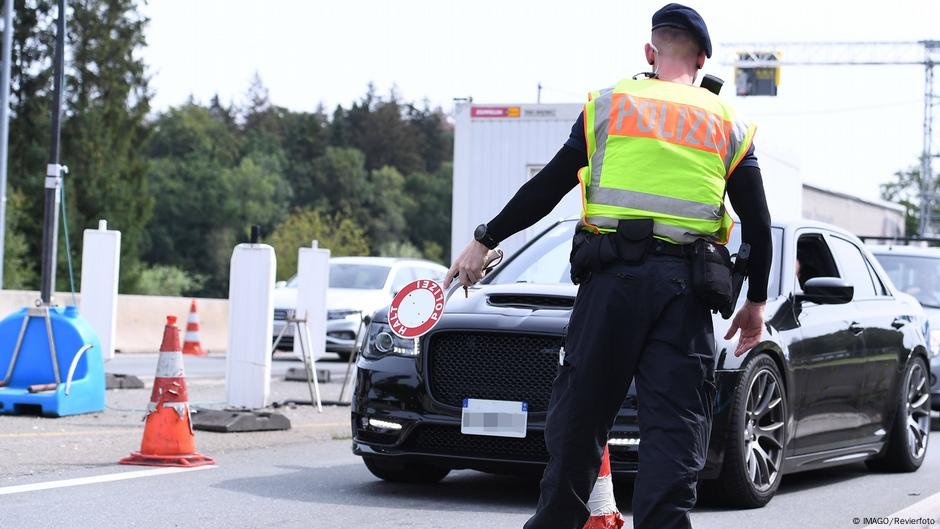
EU citizens have a right to freedom of movement, guaranteed by Article 21 of the Treaty on the Functioning of the EU. But as the website of the German interior ministry explains, that right is not unconditional.
Citizens of member states such as Bulgaria can move to any other country for up to three months as long as they have a valid identity card or passport. However, for stays of longer than three month, the EU citizen must be in work, or self-employed, or have sufficient resources and comprehensive health insurance cover, for instance if they are students or trainees. Or they need to have the right of permanent residence.
Family members, regardless of their citizenship, can accompany or join an EU citizen if they satisfy these conditions and also have the right of residence for more than three months.
Also read: EU's Syria policy shifts amid calls to increase deportations
Incomplete prison terms
So what about the three people who had been sentenced for crimes in Germany, some of whom still had not completed their sentences?
LFAR explained that under Germany's Criminal Procedure Code, people can be deported before they have served a full prison term, and in this case, removing the offenders from Germany outweighed the importance of their serving the term of their sentences.
It also saved money, LFAR admitted. Removing people directly from state care "puts less burden on the returns authority and offers a financial saving for the German state, which then doesn’t have to be spent on prison and rehabilitation costs."
With responsibility transfered to Bulgaria, the authorities in Germany said it was possible that the deportees would not be re-incarcerated there. If they tried to return to Germany "they would then be liable to complete the rest of their sentences in Germany," LFAR told InfoMigrants by email.
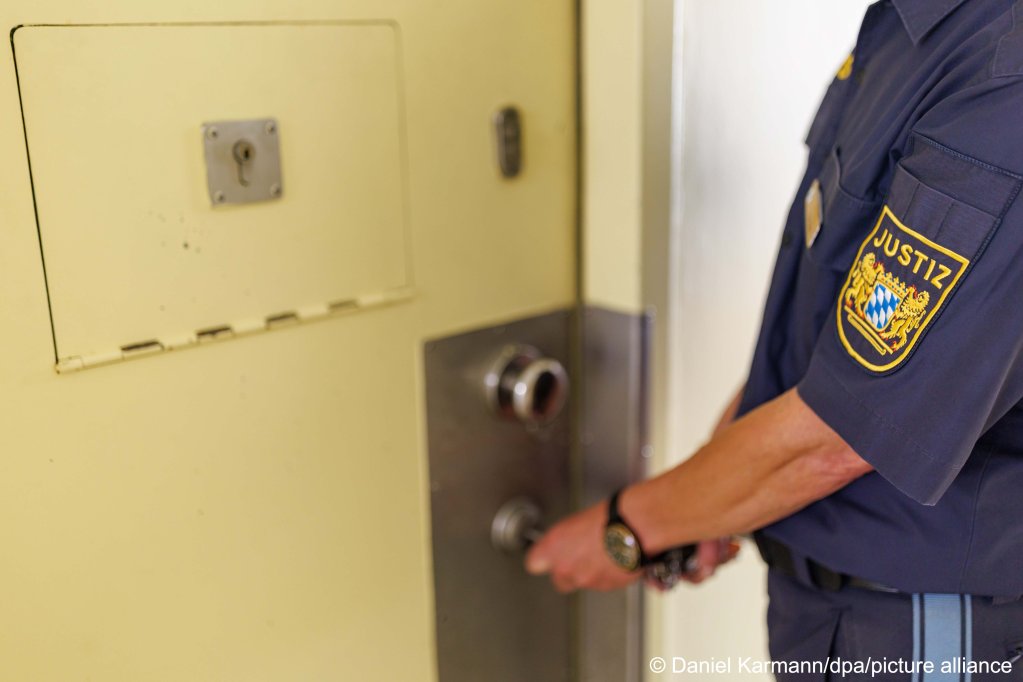
Returns to Syria and Afghanistan following knife attacks
Following a series of fatal knife attacks in Germany, some of them involving Syrian migrants and asylum seekers, there has been an intense debate about being able to return convicted criminals to Syria and Afghanistan. At least one flight of Afghans convicted of serious crimes took off at the end of August from Germany’s Leipzig airport. The deal was brokered via Qatar and landed in Kabul with 28 Afghan offenders on board.
This was the first returns flight operated between Germany and Afghanistan since the Taliban took power in August 2021. The German government has said it is ready to do the same for Syrian citizens too. It has even declared some parts of Syria safe enough to accept returns, but so far no flight has taken off.
InfoMigrants asked LFAR whether it was possible that the Syrians on board this month's flight from Germany would be sent from Bulgaria back to Syria. They responded that this was unlikely, since the Syrians in question had already been granted protection by Bulgaria, which was the reason they had not been earmarked for return directly to Syria.
Also read: Germany ushers in new bill to speed up deportations and curb knife crimes
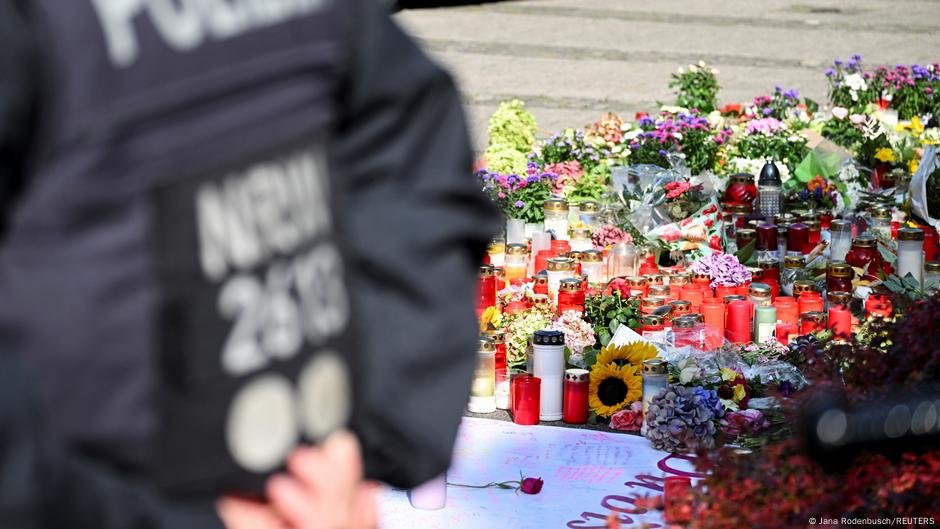
Deportations from Germany
In the case of the Solingen knife attack at the end of August, the suspect was reported to be a Syrian who had been issued with an order to transfer him back to Bulgaria. However, when the German authorities reportedly arrived to take him to Bulgaria, he had absconded. He subsequently moved to another German asylum center where he continued to live until carrying out the attack.
In February this year, the so-called Repatriation Improvement Act came into force, aimed at closing what the government said were loopholes and flaws in the existing deportation laws.
Following the introduction of the new law, deportation rose dramatically, according to the Neue Osnabrücker Zeitung. In the first three months of 2024, 4,791 people were deported from Germany, compared with 3,566 in the same period the previous year.
Despite the increase, government records seen by the Neue Osnabrücker Zeitung suggest that there were more than 7,000 occasions on which deportation attempts failed in that period. In some cases, this was because pilots refused to fly deportation flights on technical grounds, DW reports. In other cases, those scheduled for deportation may have had serious health issues, have absconded, or been unable to return because their country of origin refused to take them back.
Also read: European Commission President announces migration policy direction

Crossing borders?
Freedom of movement within the EU is only valid for EU citizens and their family members, so those on board the return flight would be free to travel from Bulgaria back to Germany or any other EU state if they had the required valid documents and visas. However, LFAR told InfoMigrants, "usually when someone has been returned to another country, they are also issued with a notice that they are not allowed to return to the country that deported them, or take up residence there once again." They did not comment on whether such notices were issued in this case.
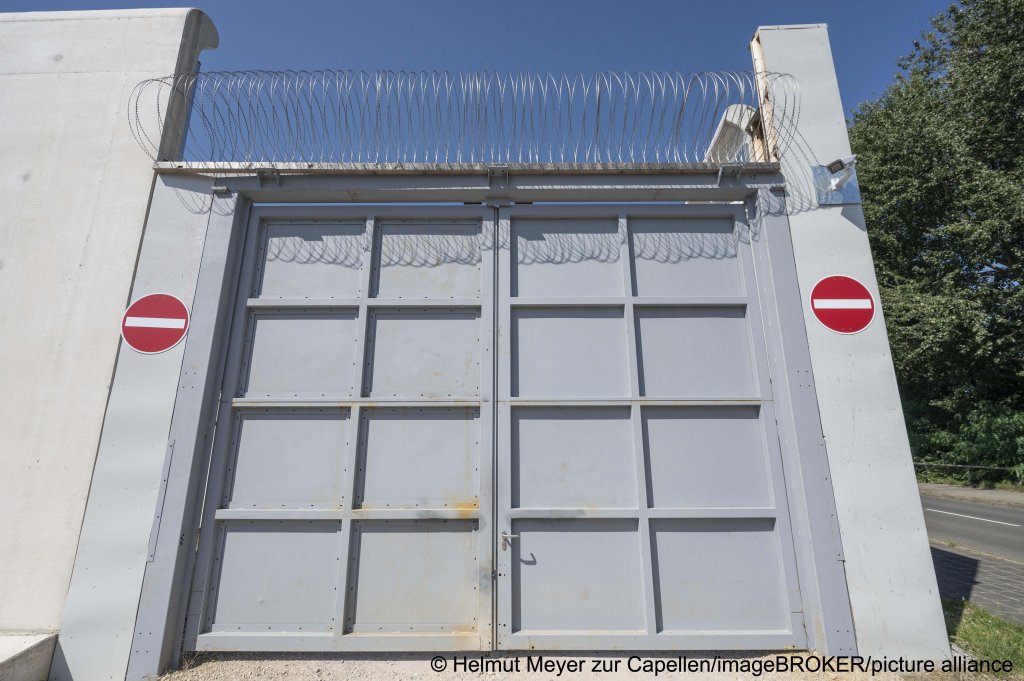
When asked whether the German and Bulgarian authorities had taken any measures to make sure that those returned would not immediately start up the Balkan route again or take any other measures to return to either Germany or another EU country, LFAR said it was "responsible for the organization and execution of returns."
If the migrants should try to re-enter Germany, it will be up to the federal police, they said, who operate the border controls, to stop them. They added that those returned would be flagged up on the system and would be prevented from entering, or in the case of the convicted criminals, returned to prison to finish their sentences if they are found crossing the German borders.
